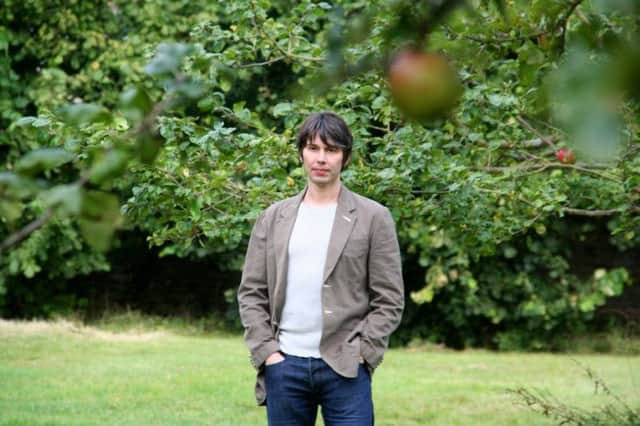Inspire students with promise of creative growth


In the 1960s I went to university, like many other working-class students the first in my family to do so. Alas I was hopelessly unprepared for its demands and failed my first year.
Harold Wilson’s Labour government had increased university funding, enabling increased access to working-class students especially in the sciences. The production of science graduates was seen as a key to the UK’s future economic success.
Advertisement
Hide AdAdvertisement
Hide AdI had bare passes in Higher physics and chemistry and these were attained largely by rote memorising with little attempt to understand content. Learning by heart seemed to be encouraged by the way lessons were delivered. For example in physics we spent hours handwriting notes dictated by the teacher. The introduction of cutting-edge technology – the overhead projector – made little difference. We transcribed notes displayed on an overhead projector into our note books whilst the teacher retreated to the store room for a smoke!
Unsurprisingly I failed university miserably as the volume of content was too great to memorise. In the following year I read widely and indulged my interests in the arts and sciences. I was determined to go back to university but this time armed with a learning approach that would succeed.
I was fortunate to discover a little book by Jacob Bronowski, who would later present the ground-breaking BBC science series The Ascent of Man in the 1970s. In his 1956 book Science and Human Values Bronowski drew out parallels between creativity in art and science through discussions of Shakespeare, Newton and James Clerk Maxwell. He demonstrated how both the sciences and the arts were searches for unity in the variety of nature and human experience. But these unities or underlying patterns cannot be detected by just observing reality. They have to be created by the human mind.
Bronowski said that the act of creation, in which an original thought is born, is the same in art and science. This idea is not the monopoly of the artist or scientist who first created it:
“The poem or the discovery exists in two moments of vision: the moment of appreciation as much as that of creation. For the appreciator must see the movement, wake to the echo which was started in the creation of the work… We do not merely nod over someone else’s work. We re-enact the creative act, and we ourselves make the discovery again.”
This passage lit a spark in my mind which has glowed ever since. At last I realised that true learning was an act of creation rather one of rote memorisation. And that moment of appreciation, as one re-creates a deep and powerful idea, is a moment of intense pleasure in stark contrast to the mind-numbing drudgery of rote memorisation.
From that moment I treated examinations not as burdensome regurgitation but as a pleasurable opportunity to reconstruct the ideas as if I were the original creator explaining them for the first time. Later, as a teacher, I carried the same principles of learning as re-creation into my lessons.
In this view, each academic subject becomes a bridge into a world where you can pleasurably re-create, explore and question humanity’s great ideas. In the process one’s everyday ad hoc ideas are transformed into the more scholarly generalised concepts of academic disciplines. Crossing this threshold needs the skill of the teacher in using a telling analogy and/or visual image to help pupils re-create the creative idea and experience the pleasure of the Aha! moment.
Advertisement
Hide AdAdvertisement
Hide AdAlas this conception of education stands in stark contrast to most practice. One of my most dispiriting experiences came when I accompanied my grandson, then in sixth year, to an introductory talk on university life. It was hosted by the Edinburgh universities and the lecture hall was filled with eager pupils and parents. Alas there was not a word of university education as the deeply pleasurable opening up of one’s mind to humanity’s creative capabilities. Instead pupils were urged to go to university because graduates have a higher mean income than non-graduates. The financial sacrifice of parents and pupils should be worth it in the end.
As I trudged out of the hall, I imagined I heard Mammon ringing a death knell for the ideals of the Scottish Enlightenment.
We tell young people that they need to think of themselves as lifelong learners. For those who derive no pleasure in learning this must seem a daunting prospect. So where might pupils look for inspiration? I suggest that they look to physicist Brian Cox whose latest BBC series, Human Universe, explores human creativity with the same sense of wonder as Bronowski. Such a series should inspire us all to see subject disciplines not as silos of static content but as dynamic generators of powerful concepts which can drive our individual and collective intellectual development.
• Rick Instrell is a member of the management committee at the Association for Media Education in Scotland